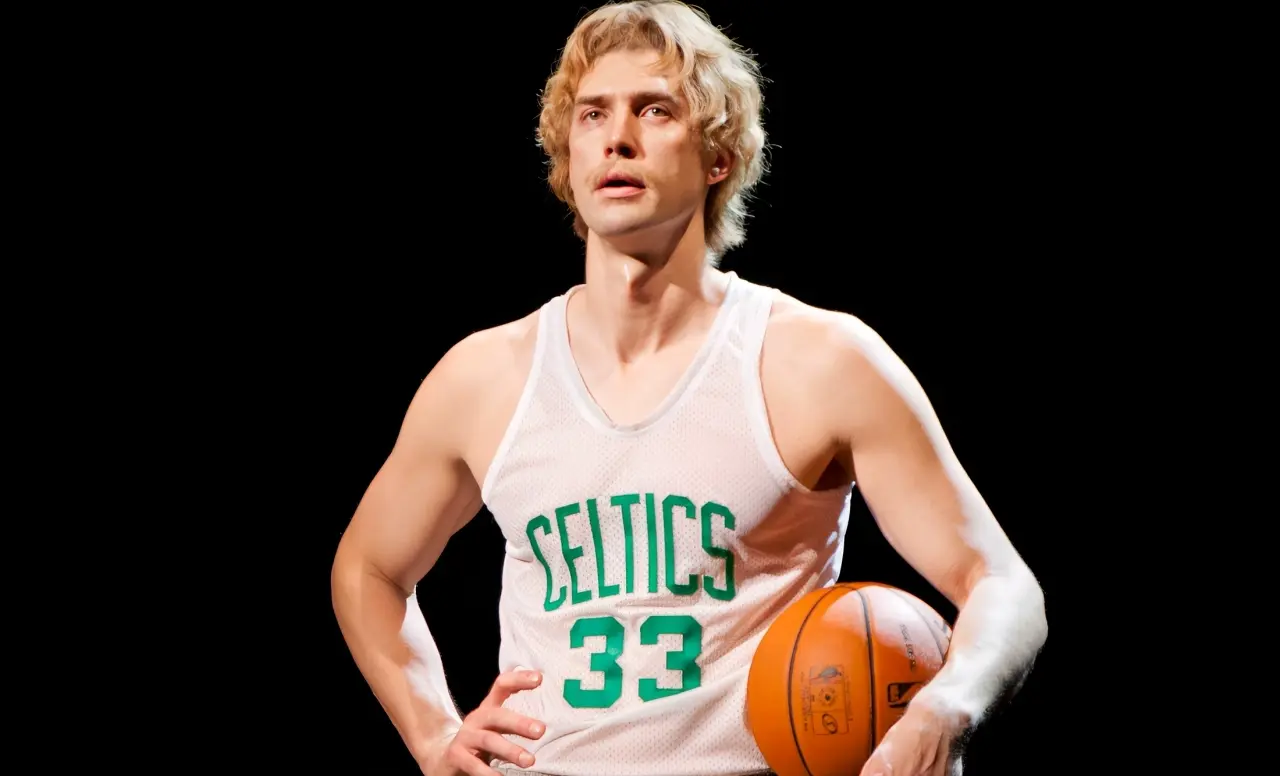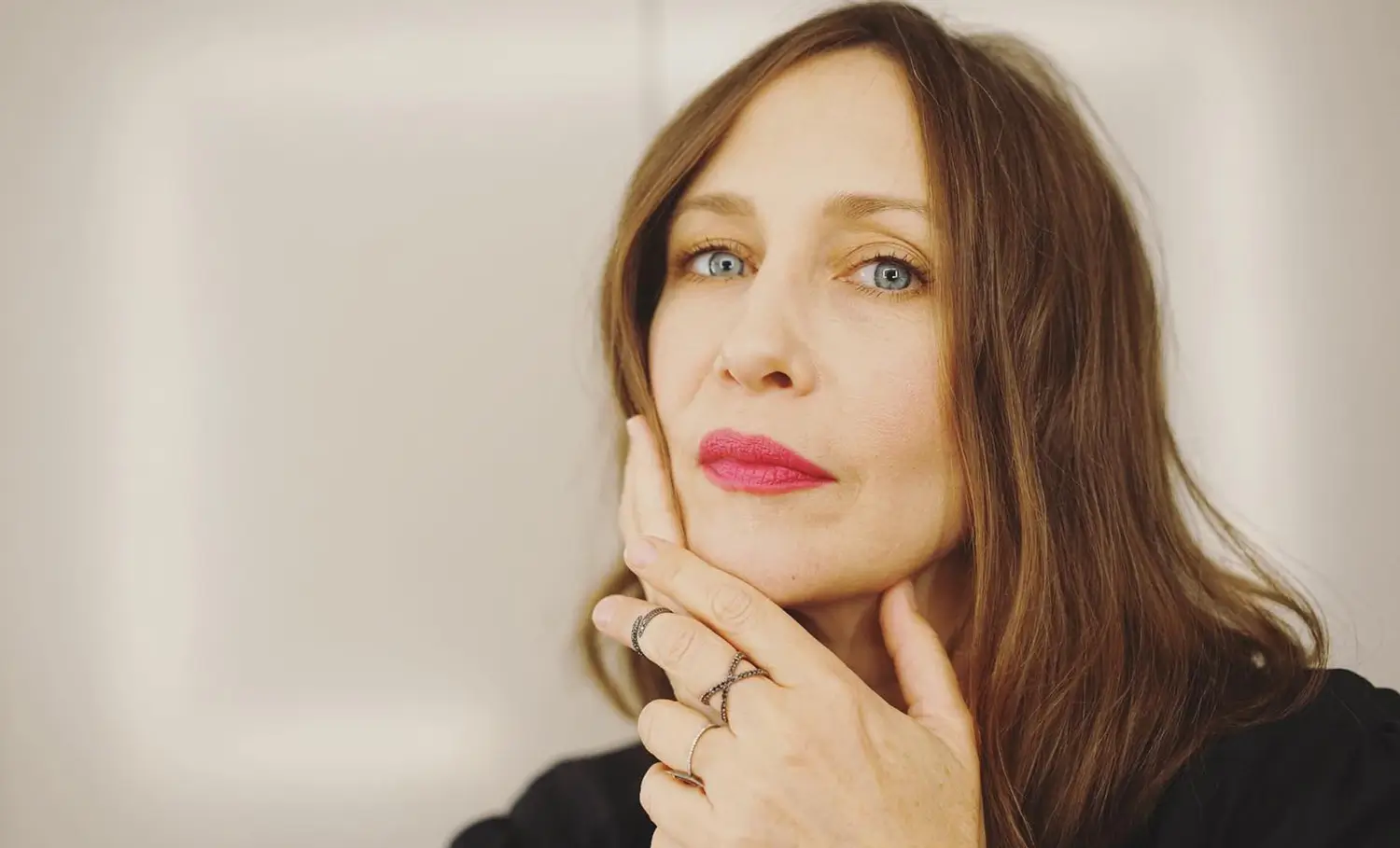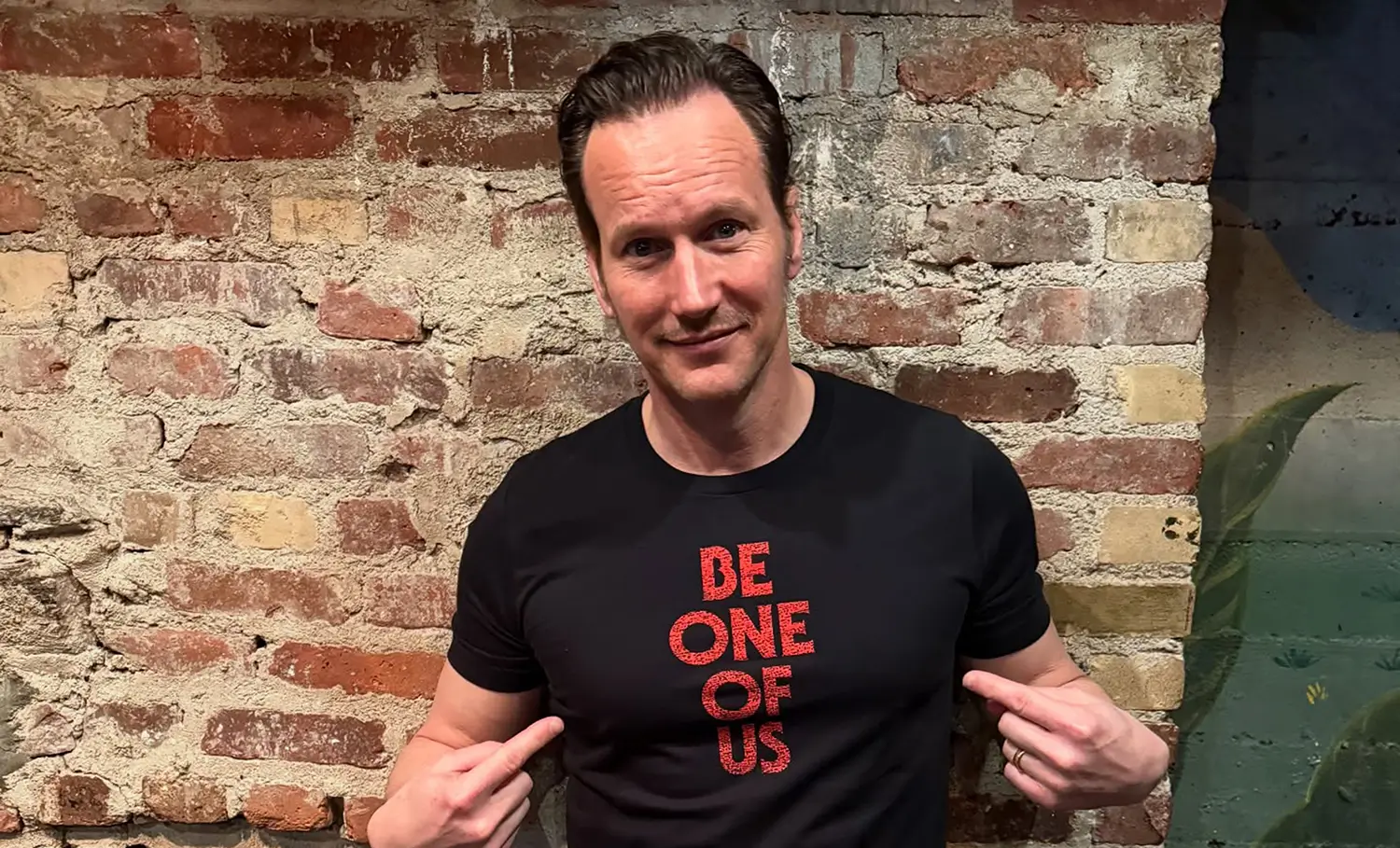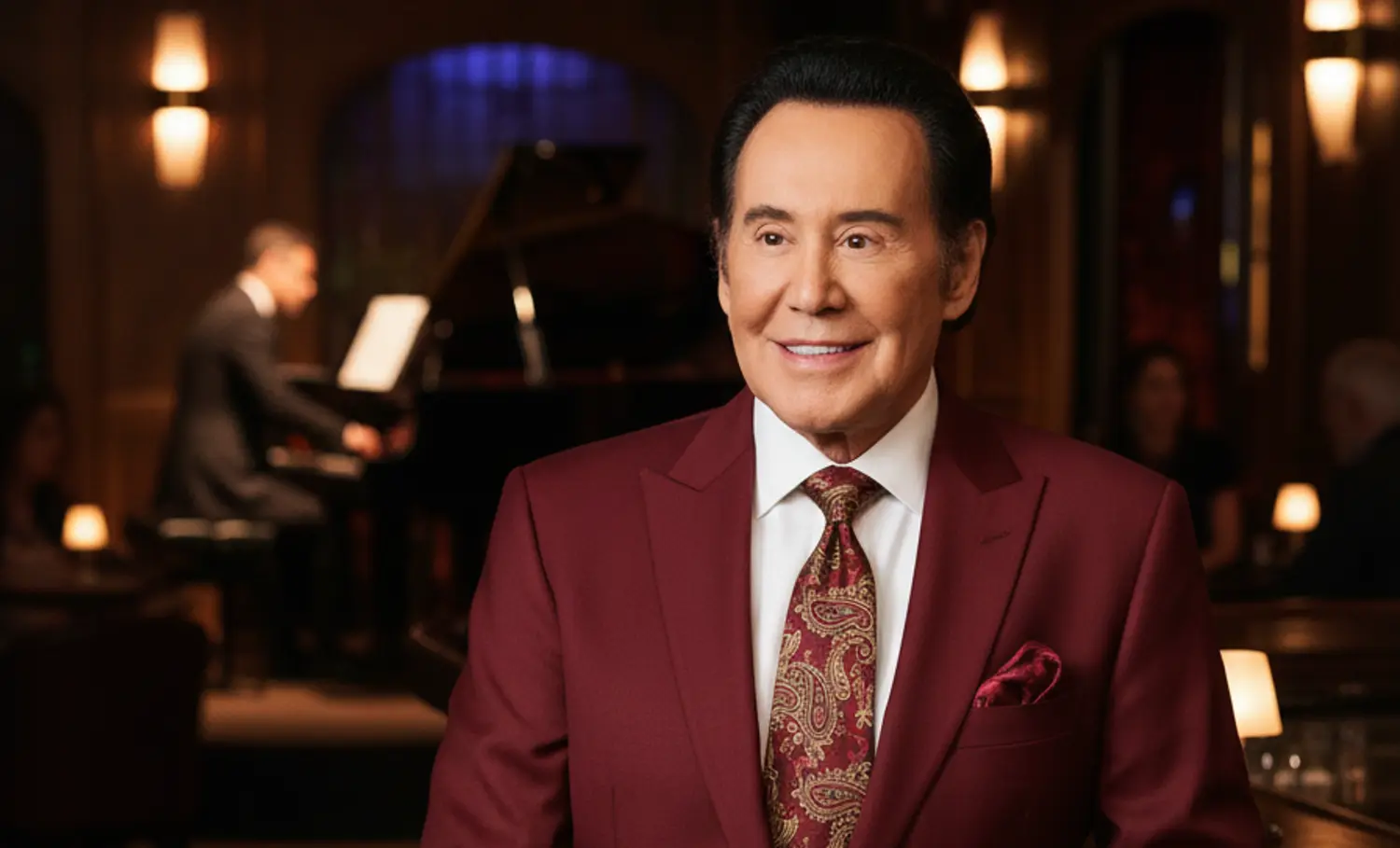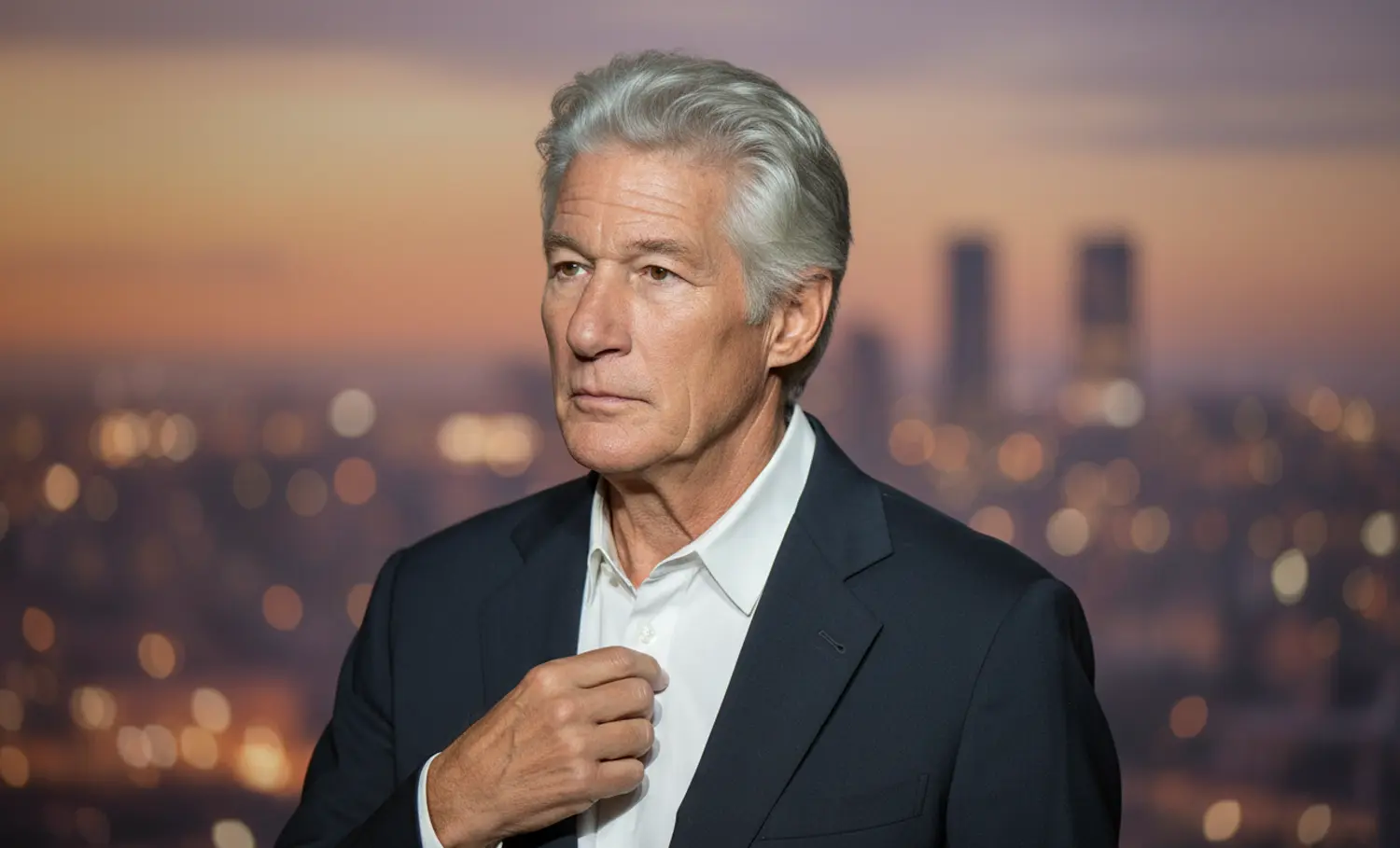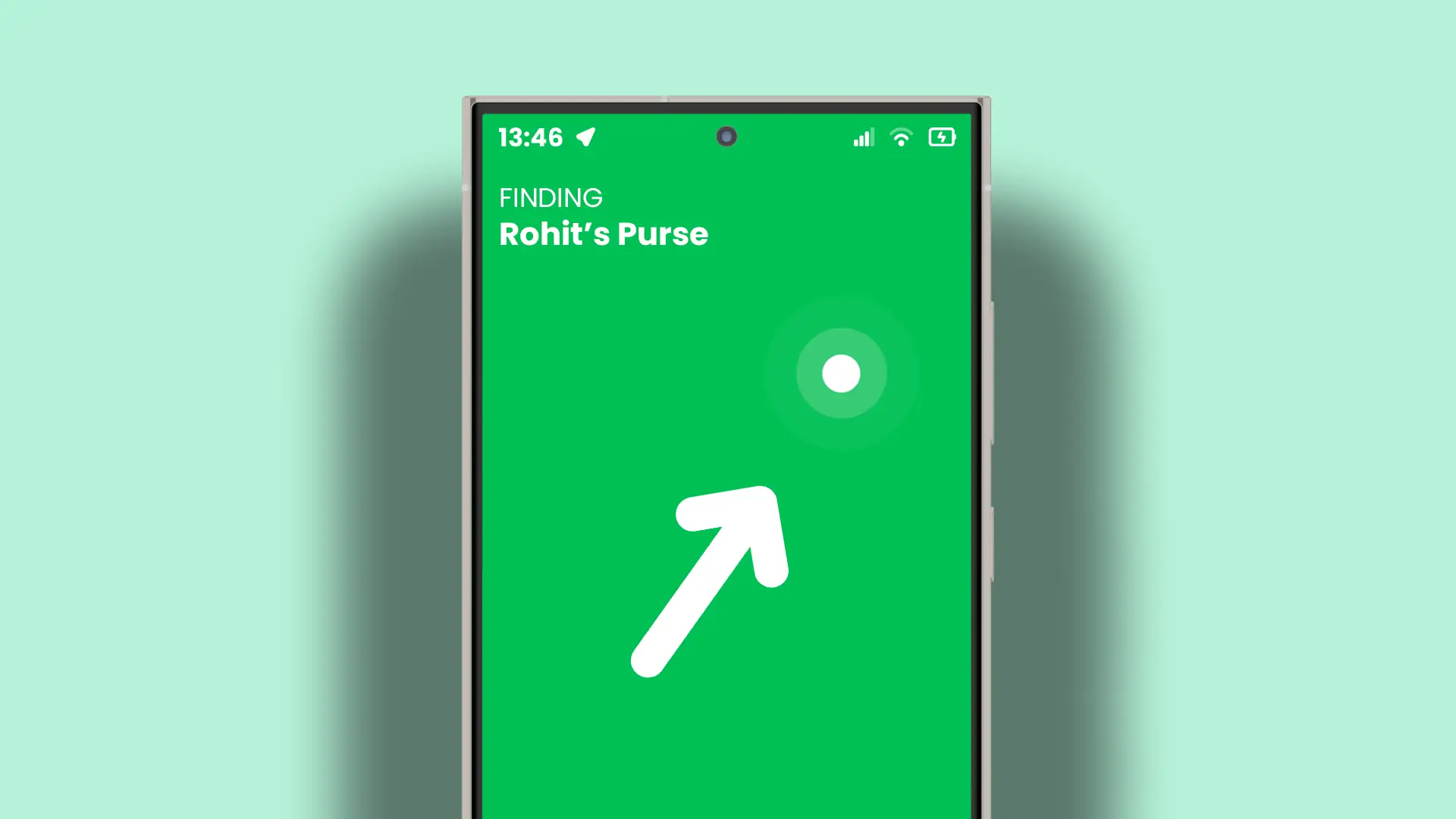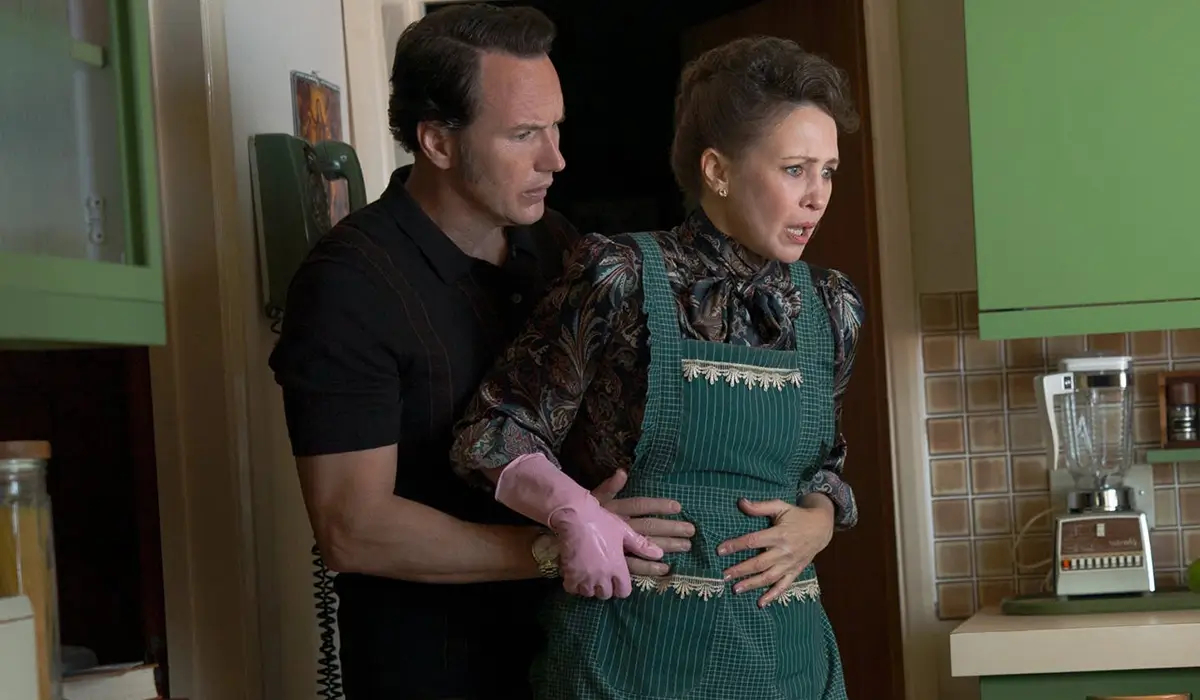Table of Contents
Larry Bird, widely regarded as one of the greatest basketball players in NBA history, has successfully transformed his on-court excellence into substantial financial success. Known affectionately as “Larry Legend” and “The Hick from French Lick,” Bird’s journey from small-town Indiana to basketball royalty represents not just athletic achievement, but also shrewd business acumen that has resulted in an impressive net worth.
Larry Bird’s Current Net Worth
As of 2025, Larry Bird’s net worth is estimated at $75 million. This substantial wealth stems from multiple revenue streams accumulated over decades, including his legendary playing career, successful coaching tenure, executive roles, endorsement deals, and smart investment decisions. Bird’s financial success demonstrates how elite athletes can leverage their sports careers into long-term wealth.
Early Life and Path to Basketball Stardom
Larry Joe Bird was born on December 7, 1956, in West Baden Springs, Indiana. Raised in the nearby town of French Lick, Bird faced significant challenges during his childhood. His father was a Korean War veteran, and his mother worked multiple jobs to support Larry and his five siblings. The family experienced financial difficulties, and tragedy struck when Bird’s parents divorced during his high school years, followed by his father’s tragic passing about a year later.
Basketball became Bird’s escape from these family troubles. At Springs Valley High School, he emerged as a standout player, averaging an impressive 31 points, 21 rebounds, and four assists as a senior, establishing himself as the school’s all-time leading scorer.
College Career and Draft Journey
Bird’s college journey began with a scholarship to Indiana University in 1974, but he struggled to adjust and dropped out after less than a month. He returned to French Lick, briefly attended Northwood Institute, before finding his true calling at Indiana State University in 1975.
At Indiana State, Bird flourished, leading the Sycamores to unprecedented success. He averaged 30.3 points, 13.3 rebounds, and 4.6 assists per game during his college career. The pinnacle came in 1979 when he led Indiana State to the NCAA Championship game against Michigan State, featuring Magic Johnson. Although they lost, the game achieved the highest television rating for a college basketball game at that time, launching Bird’s national profile.
NBA Career Earnings: Building the Foundation
The Boston Celtics selected Bird with the sixth overall pick in the 1978 NBA Draft, though he chose to complete his final college season before joining the team. This decision led to extended negotiations, ultimately resulting in a groundbreaking five-year, $3.25 million contract that made him the highest-paid rookie in sports history at the time.
Year-by-Year Salary Breakdown
Bird’s NBA earnings totaled $24,070,000 over his 13-season career from 1979-1992. His salary progression reflects his growing value to the Celtics:
- 1979-84: $650,000 annually (consistent rookie contract)
- 1984-90: $1.8-2.75 million (reflecting his MVP-level performance)
- 1991-92: $7,070,000 (record-breaking final season salary)
- 1992-93: $2,300,000 (injury-shortened final season)
Bird’s 1991-92 salary was particularly significant, as he became the first player in team sports to earn more than $6 million in a single season. This arrangement helped the Celtics manage salary cap restrictions while rewarding their franchise cornerstone.
Playing Career Achievements
Bird’s 13-year career with the Boston Celtics was nothing short of legendary. His achievements include:
- Three NBA Championships (1981, 1984, 1986)
- Three consecutive NBA MVP Awards (1984-1986)
- Two NBA Finals MVP titles
- 12 NBA All-Star selections
- Member of the exclusive 50-40-90 club (shooting 50% from field, 40% from three-point range, 90% from free-throw line)
- Olympic Gold Medal with the 1992 “Dream Team”
His rivalry with Magic Johnson, beginning in college and continuing through their professional careers, captivated basketball fans and significantly boosted both players’ marketability and earning potential.
Post-Playing Career: Coaching and Executive Success
After retiring in 1992, Bird remained connected to basketball, generating additional income through various roles:
Coaching Career (1997-2000)
Bird served as head coach of the Indiana Pacers, leading them to impressive success:
- 1997-98 season: 58-24 record, earning NBA Coach of the Year honors
- Central Division titles in 1999 and 2000
- Maintained his three-year commitment and stepped down after the 2000 season
Executive Leadership (2003-2017)
Bird’s most lucrative post-playing role came as President of Basketball Operations for the Indiana Pacers. His executive success culminated in winning NBA Executive of the Year after the 2011-12 season, making him the only person in NBA history to win MVP, Coach of the Year, and Executive of the Year awards.
Endorsements and Brand Partnerships
Bird’s marketability during and after his playing career generated significant endorsement income. His partnerships included:
- Converse: Long-term shoe deal that was highly lucrative during the 1980s basketball boom
- Coca-Cola: National advertising campaigns
- McDonald’s: Television commercials
- Heinz Corporation: Product endorsements and marketing initiatives
His appearance in the movie “Space Jam” further expanded his brand recognition beyond traditional sports audiences.
Investment Portfolio and Business Ventures
Bird has demonstrated astute business judgment throughout his career:
Real Estate Investments
Bird previously owned a luxurious 10,232-square-foot mansion in Indianapolis featuring five bedrooms, eight bathrooms, three fireplaces, tennis court, pool, and multiple entertainment areas. He sold this property in 2019 for $2.3 million.
He also owns properties in his home state of Indiana, including investments in Terre Haute where he co-owns hotel and restaurant ventures.
Business Ownership
Bird has diversified his portfolio through:
- Hotel and restaurant investments in Indiana
- Real estate development projects
- Various business partnerships leveraging his celebrity status
Current Income Sources in 2025
Bird’s net worth in 2025 consists of earnings from his work as a sports executive and the investments he has made while he was active as a player and coach. His current wealth is sustained through:
- Investment returns from decades of smart financial decisions
- Ongoing advisory roles with basketball organizations
- Licensing and appearance fees for his legendary status
- Real estate income from property investments
- Documentary and media appearances about his career and era
Charitable Activities and Giving Back
Despite his wealth, Bird maintains a commitment to charitable causes. He serves as an honorary Director of the American Foundation for Suicide Prevention, a cause close to his heart given his family’s history. He has also supported Charita Bulls, an organization focused on enhancing educational and recreational opportunities for Chicago’s youth.
Bird has stated his preference for private charitable giving, noting: “All of my donations are sort of made under the table. I don’t require publicity. I’m not doing anything to gain attention. Though I do care, and that matters the most.”
Personal Life and Family
Bird’s personal life has been marked by both challenges and stability. He married Janet Condra in 1975, though they divorced after less than a year. They briefly reconciled and had a daughter, Corrie, in 1977, but ultimately separated permanently.
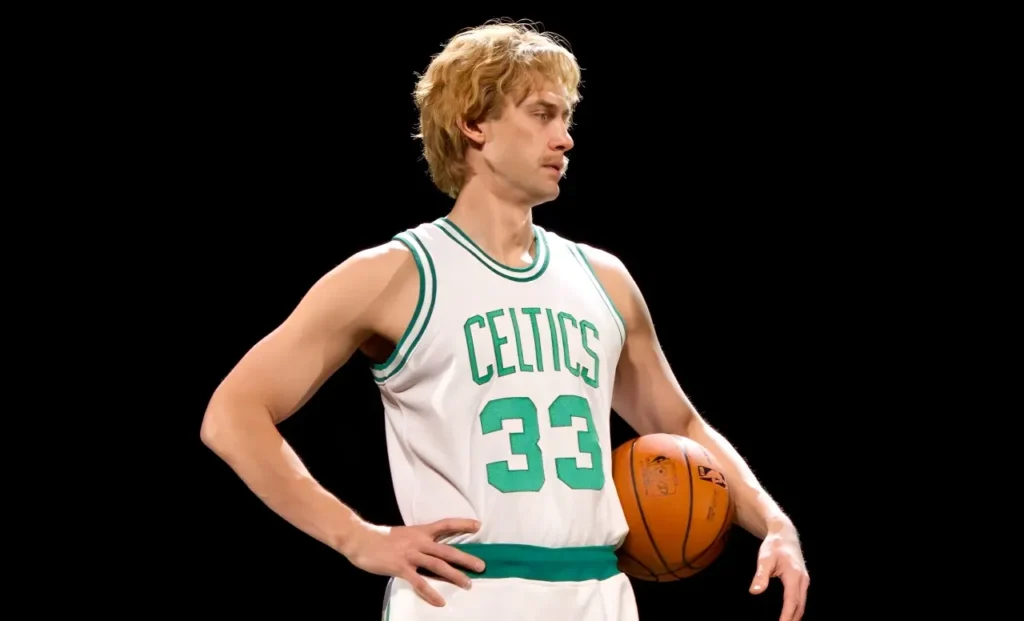
In 1989, Bird married Dinah Mattingly, and together they adopted two children, Conner and Mariah. His family life has provided stability and motivation for his continued success in business ventures.
Legacy and Long-term Financial Impact
Larry Bird’s financial success extends beyond his personal wealth. His impact on basketball economics cannot be understated:
- Pioneered high player salaries with his record-breaking contracts
- Elevated NBA marketability through his rivalry with Magic Johnson
- Demonstrated athlete-to-executive transition success
- Set standards for post-career business development
Comparison with Contemporary Players
While Bird’s $75 million net worth might seem modest compared to today’s NBA superstars, it’s important to consider the context of his era. His career earnings of $24 million in the 1980s and 1990s represent significantly more purchasing power in today’s dollars. Additionally, the endorsement and business opportunities available to modern players weren’t as developed during Bird’s prime playing years.
Future Financial Outlook
At 68 years old, Bird’s wealth appears secure and continues to grow through his established investments and ongoing business relationships. His legendary status ensures continued income opportunities through appearances, consulting, and licensing deals. The enduring popularity of 1980s NBA basketball, particularly the Bird-Magic rivalry, keeps his brand relevant for new generations of fans.
Key Financial Lessons from Larry Bird’s Success
Bird’s wealth accumulation offers several important insights:
- Diversification: He didn’t rely solely on playing salary but built multiple income streams
- Strategic Timing: His contract negotiations were ahead of their time
- Geographic Loyalty: His Indiana connections provided ongoing business opportunities
- Long-term Thinking: Post-career planning began during his playing days
- Brand Management: He maintained his reputation and marketability across decades
Conclusion
Larry Bird’s $75 million net worth represents more than financial success—it demonstrates how athletic excellence, combined with business acumen and strategic planning, can create lasting wealth. From his humble beginnings in French Lick, Indiana, to becoming one of basketball’s most respected figures, Bird’s financial journey parallels his athletic achievements.
His story provides inspiration for current and future athletes on building wealth that extends far beyond their playing careers. Through smart investments, strategic career moves, and maintaining strong business relationships, Bird has secured his financial legacy just as definitively as he secured his place in basketball history.
The “Hick from French Lick” has proven that with determination, intelligence, and the right opportunities, it’s possible to transform athletic talent into enduring financial success. As basketball continues to evolve, Larry Bird’s model of post-career wealth building remains relevant and instructive for athletes at all levels.
